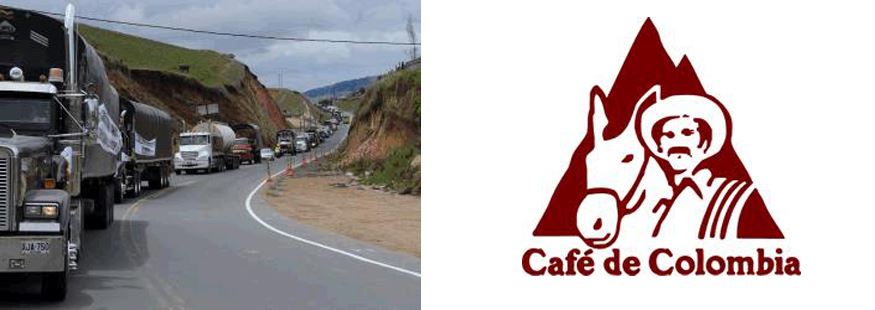Industry News.

An update on 2012-13 outputs; the agricultural strike in Colombia comes to an end and dry weather in Costa Rica fuels roya spread.
As the 2012-13 coffee year draws to a close this month, total expected outputs are being reported from origin. Colombia has produced a bumper crop this year, their output increasing 26 percent over the last 12 months. They expect total output in 2013 to exceed 10 million 60 kilogram bags, according to the FNC. Brazil is expected to harvest 47.5 million 60 kilogram bags this year, a record for an off-year harvest, as reported by government crop agency Conab. Brazil’s coffee crop grows in a two year cycle, with one year producing a larger crop than the other. Last year Brazil produced 50.8 million 60 kilogram bags. The difference in size of the harvests in the two year cycle is steadily declining due increased use of harvesting equipment and other technical advances.
The agricultural protests in Colombia have finally come to an end, after the government and leaders of the farmers strike reached an agreement on Saturday to end the roadblocks and stoppages. While we did not see any major interruptions to the flow of coffee during the protests, the agreement has come at an opportune time with new crop just around the corner.
Poor rainfall in Costa Rica continues to fuel the Roya outbreak, with several regions now heavily affected. The origin experienced 30 percent less rainfall than average last year and this is expected to increase by a further 15 percent this year. The constant dry weather is increasing the spread of the disease. The main regions affected are San Vito and Sabalito located near the Panama border, and Coto Brus and Turrialba. If the current downtrend in the market continues, there are fears that some farmers may have to abandon parts of their farms.

In local news, Fairtrade Australia and New Zealand have released figures last week showing that the annual growth of ethically certified products is consistently on the rise. The increased awareness of the social and economic benefits for producers of Fairtrade certified products has resulted in consumers making an effort to become more informed about their purchase decisions.
Ref: FC
Stone, SWDCC, DR Wakefield, FNC Trading, Bean Scene Magazine.
Image: Trucks queued along a Colombian road during the protests. FNC Trading.


